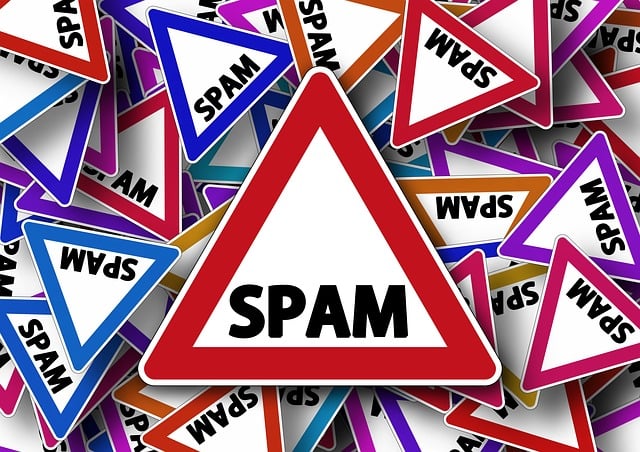
Unsolicited email is referred to as spam.
Spam is the name for unsolicited email that a person receives. These messages , also called spam or spam , are usually advertisements for all kinds of products and services.
A person, by having an email address, hopes to exchange messages with people they know or get in touch with those individuals or organizations they want. However, it is common for you to receive dozens of messages daily that you never requested and that are not of interest to you. These emails constitute spam.
Spam and databases
Spammers often purchase databases with thousands of email addresses to send advertisements and other types of messages, which are generally misleading and very annoying for recipients. That is why spam is massive: since it is also economical, a large percentage of the emails that circulate on the Internet every day correspond to spam.
Although spam does not belong to the group of virtual attacks at the same level as a virus or spyware , it can be a means of introducing one of these programs into a device, in addition to causing significant economic damage to the user, or accessing certain private data for different illicit purposes.
Different resources for illegal acts
Among the most common types of spam are the following:
* congratulatory messages for having won a supposed contest or prizes such as the lottery, even if the user has not participated in them;
* requests for help to overcome emergency situations, or to pay for a life or death operation;
* stories that require the user to respond with certain confidential information, such as their first and last name, their address, their telephone number and their bank account number.
No matter what the case, we should never trust a message that asks us to send personal data , since this operation should always be carried out in a secure place, such as the entry form to the customer area of a bank, but never through email.

Spam is also known as junk or junk mail.
Spam beyond email
Beyond email, spam is currently usually defined as all types of unsolicited advertising , including that which arrives via SMS to the cell phone ( mobile ) or that appears as messages on blogs and Internet forums .
For this reason, the term espamear or spamear is also often used, both derived from the English verb to spam , which refers to the action of sending messages with the aforementioned characteristics, although it is mainly found in the field of public comment spaces, where certain users send advertisements or write too many messages and make it difficult for the rest to see.
Spam in the comments section is very common, which is why many sites have implemented systems to detect and eliminate it. One of the most popular does not depend on specialized software, but rather takes advantage of the "kindness" of readers, since it gives them the possibility of reporting any message that they consider inappropriate or abusive ; Based on this measure , it is normal for comments to be automatically hidden once they exceed a certain number of negative votes, after which a moderator can decide whether to delete them.
It is important to note that spam is illegal in many countries . In addition to legal action, users can protect themselves from spam with software and filters that try to block the arrival of unwanted emails.
The history of the term spam
Finally, it is interesting to review the history of the term spam. The concept comes from the English expression spiced ham ( SP iced h AM ), which can be translated as “spiced ham” . This was a canned food commonly consumed by soldiers in World War II .
Several decades later, the comedy group Monty Python performed a sketch where, in a restaurant, all the available dishes had spam: that's why the diner always ended up coming across spam. The current use of the notion derived from this sketch.
